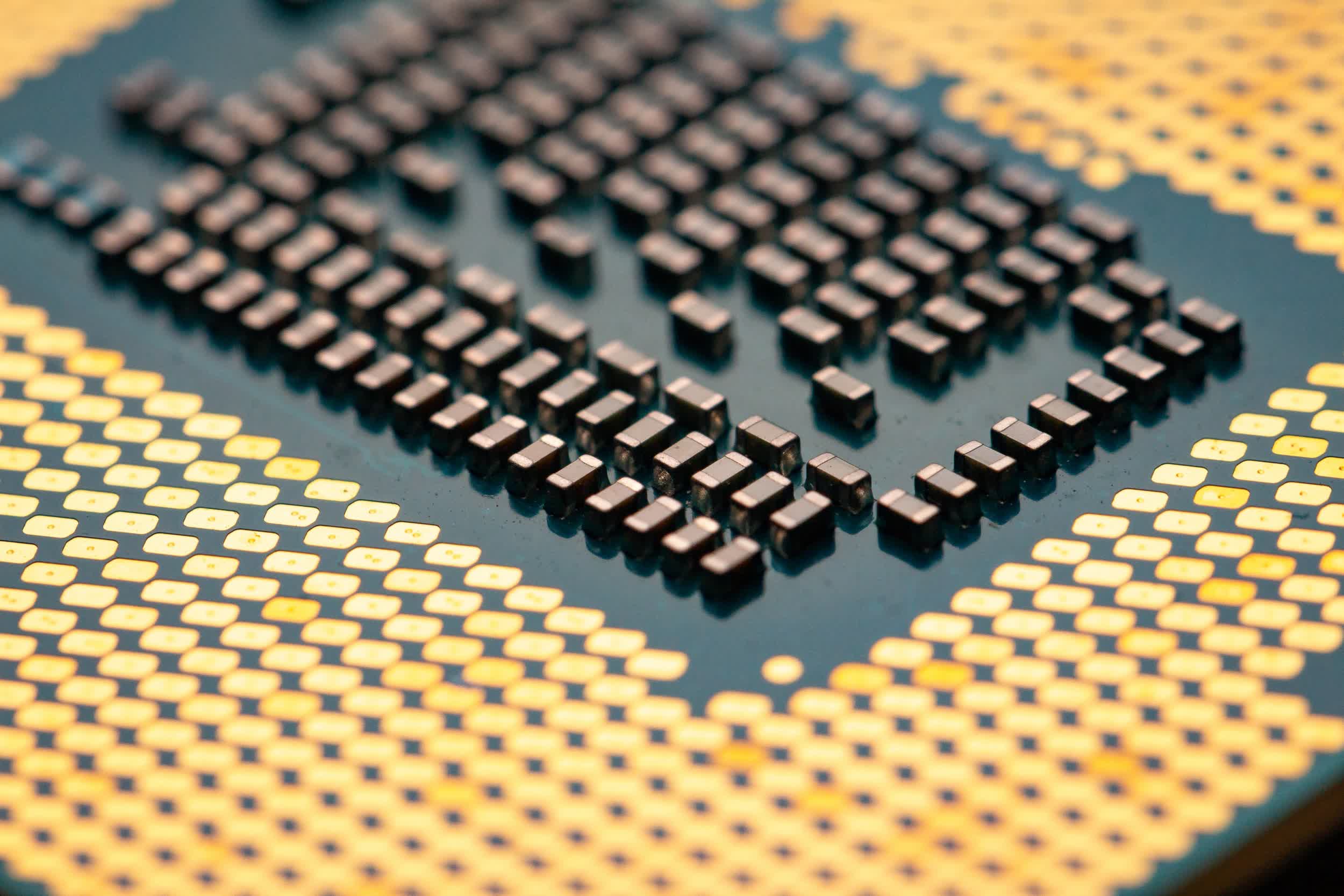In a nutshell: Up until now, TSMC has supplied chips to AMD for all its processors. Now analysts at J.P. Morgan think the next generation of AMD Chromebooks could switch to Samsung's semiconductor node at least through 2022. The remaining chip production for 2022 and 2023 should still favor TSMC.
On Tuesday, someone leaked via Twitter about a page and a half of a J.P. Morgan internal analysis paper issued last week. The excerpt covers the firm's predictions on how companies like Intel, Nvidia, and AMD will choose between TSMC and Samsung for their nodes over the next couple of years.
The analysis projects AMD's next round of Chromebook CPUs will use Samsung's 4nm node, whereas AMD's current Ryzen 3000 versions use TSMC's 12nm process. The likely reason is TSMC is currently operating under limited production capacity. So at least for 2022, Samsung will supply chips for Chromebooks. For 2023 and 2024, AMD might use Samsung for some of its graphics cards.
TSM | JP Morgan research Overweight analysis gives a lot of clues to the other companies' potential plans.$TSM $AAPL $QCOM $INTC $NVDA $AMD pic.twitter.com/HY7sIDNcIT
--- Marc Moeldner (@MarcTheShark83) December 7, 2021
However, that last detail is an outlier in the report. Analysts at J.P. Morgan predict most tech companies to favor TSMC, including AMD. The firm expects Team Red to stick with TSMC for desktop, mobile, and server processors. Additionally, Nvidia may return to TSMC for the next generation of RTX GPUs after using Samsung's 8nm node for the 30 series.
In 2023, Intel could also outsource some GPU and I/O tiles, along with an FPGA chip, to TSMC. Analysts predict Qualcomm will pick TSMC for its flagship processors, starting with a new version of the Snapdragon 8 Gen 1 in the second half of 2022 and continuing into its 2023 flagships, but beyond that, it is unclear.
